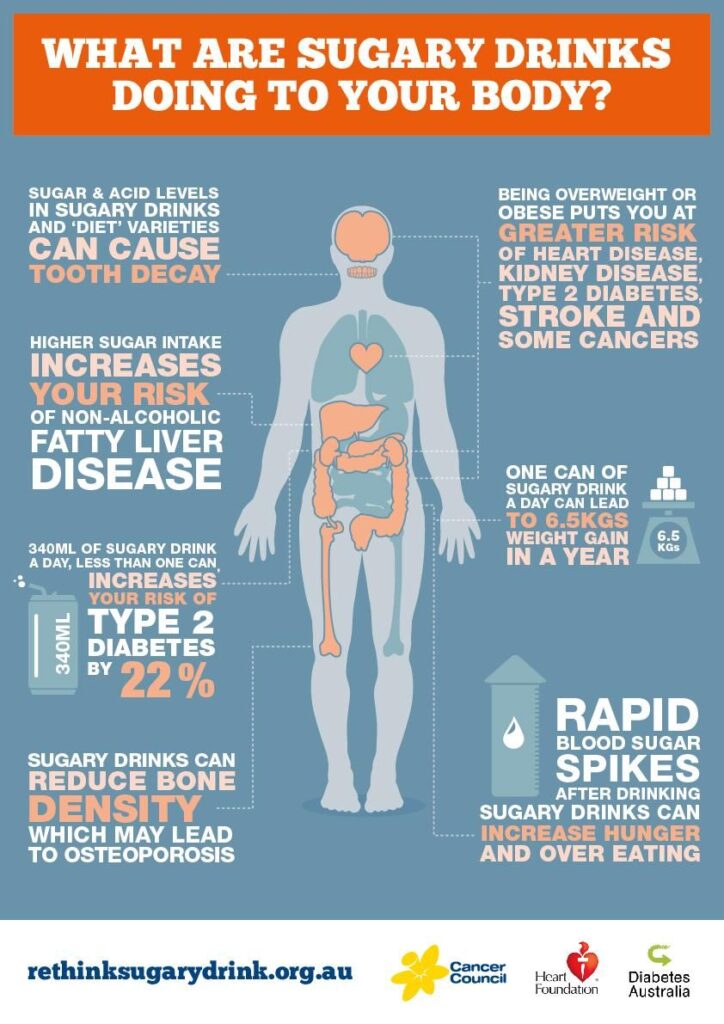The food we eat gives our bodies the “information” and materials they need to function properly. If we don’t get the right information, our metabolic processes suffer and our health declines. If we get too much food, or food that gives our bodies the wrong instructions. We can become overweight, undernourished, and at risk for the development of diseases and conditions, such as arthritis, diabetes, and heart disease. In short, what we eat is central to our health. Consider that in light of Webster’s definition of medicine. “The science and art dealing with the maintenance of health and the prevention, alleviation, or cure of disease.”
What does food do in our bodies?
The nutrients in food enable the cells in our bodies to perform their necessary functions. This quote from a popular textbook describes how the nutrients in food are essential for our physical functioning. “Nutrients are the nourishing substances in food that are essential for the growth, development and maintenance of body functions. Essential meaning that if a nutrient is not present, aspects of function and therefore human health decline. When nutrient intake does not regularly meet the nutrient needs dictated by the cell activity, the metabolic processes slow down or even stop.”

What is the connection between food and disease?
As a society we are facing significant health problems. The United States ranks ninth in life expectancy among nations in the developed world. We have a workforce plagued with absenteeism and reduced productivity because of chronic health problems, including depression. 78 percent of healthcare expenditures are for the treatment of chronic disease. Many researchers now believe that these problems are partly related to diet. While they used to believe that diseases-such as type II diabetes, obesity, heart disease, stroke, and certain cancers – were caused by a single gene mutation. They are now generally attributing these conditions to a network of biological dysfunction. And the food we eat is an important factor in that dysfunction, in part. Because our diets lack the necessary balance of nutrients.

The Functional Medicine Perspective
Human digestive system One component of Functional Medicine focuses on how diet impacts health and function. When Functional Medicine practitioners examine the role of nutrition in chronic disease, they look at multiple systems, such as the digestive system, the immune system, and the detoxification system. Because of the interconnections between those systems. For instance. Because 80% of the immune system is contained in the gastrointestinal system. A person’s issues with immunity could be related to faulty digestion.
Functional Medicine maintains that chronic disease is almost always preceded by a period of declining health in one or more of the body’s systems. Thus, these practitioners seek to identify early the symptoms that indicate underlying dysfunction, possibly leading to disease.
One of the ways Functional Medicine seeks to address declining health is to provide. The foods and nutrients needed to restore function. This is a cost effective, non-invasive intervention that aims to stop the progression into disease.

Article on Importance of Education in Our Life:
Read More

CONSTITUTION
Read More

Kashmir The Paradise On Earth
Read More

Easy-to-Make Tomato Juice for Summer. to Give You Plenty of Energy and Coolness.
Read More



Be the first to reply